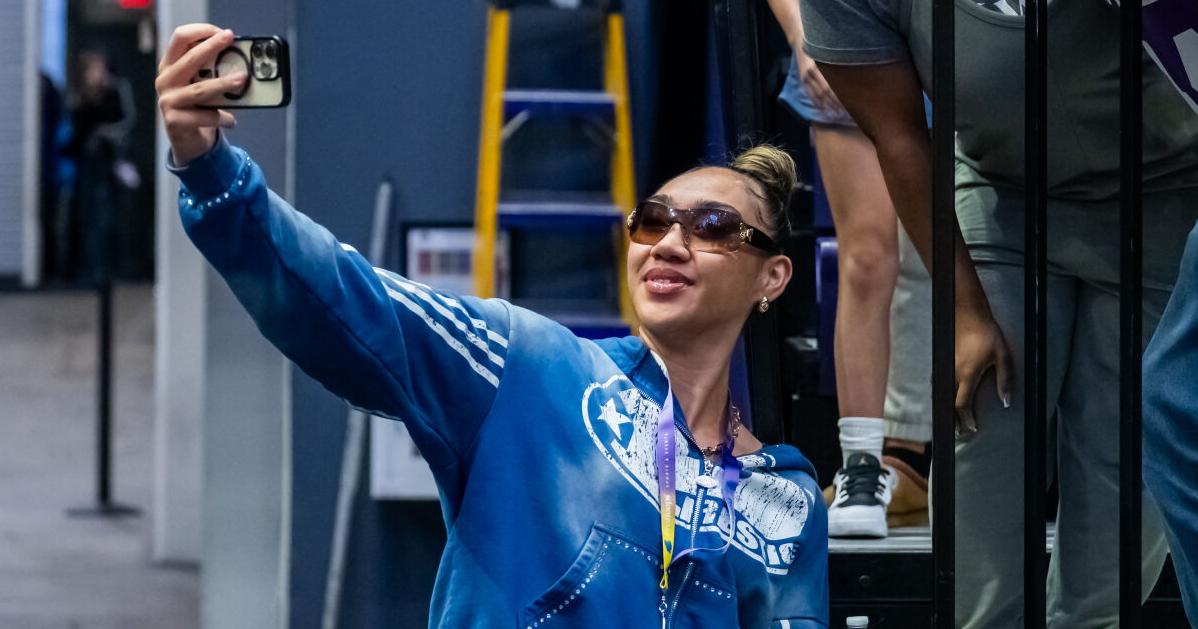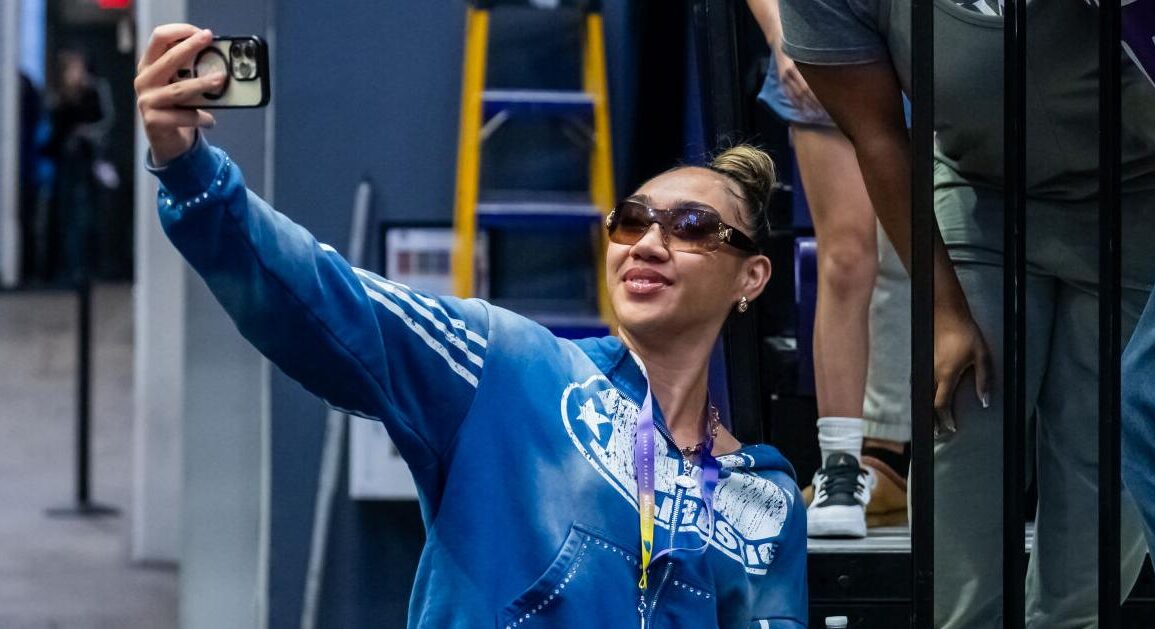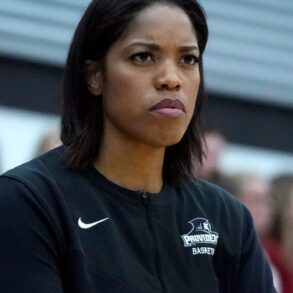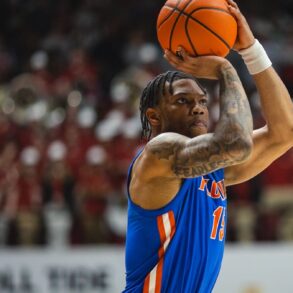
A Baton Rouge federal judge heard arguments Tuesday from both sides of a lawsuit brought by Last-Tear Poa, a former LSU women’s basketball guard whose filing raises questions about the financial opportunities available to international athletes in a new age of collegiate sports.
Poa, a native of Australia, is a college basketball player subject to U.S. immigration laws that place tight constraints on which off-campus employment opportunities she can pursue. She filed the suit, one of her lawyers has said, so she could contest a U.S. Citizenship and Immigration Services (USCIS) decision to deny her a visa that would have eased some of those restrictions — and therefore allow her to profit off her name, image and likeness (NIL) more freely.
The filing is believed to be the first legal challenge tossed at that policy since the NCAA began allowing its athletes to strike endorsement deals in 2021.
In January, defendants from USCIS filed a motion to dismiss the lawsuit — the matter at the center of Tuesday’s hearing before U.S. District Judge Brian Jackson.
“There seems to be a gap,” Jackson said, “that regulators have not addressed, that Congress has not addressed, that leaves some athletes out in the cold.”
Amy Maldonado, a Michigan immigration attorney representing Poa, said Tuesday that compensation is a “critical issue” for international collegiate athletes. She then posed the question of whether current immigration laws even allow those players to earn a share of athletic-department revenue under the proposed terms of the potential landmark House settlement.
Current USCIS policy allows international students to accept off-campus employment opportunities, but only if the work is related to their major and if they first obtain special permission. To remove those restrictions, international athletes can apply for a P-1A athlete visa, a classification typically reserved for professionals who move to the U.S. solely to compete in their respective sports or amateurs who play at an “internationally recognized level of performance.”
Poa applied for that visa, but USCIS denied it in July.
On Tuesday, U.S. attorney Alexandra McTague said that the “plain language” of the rule did not apply to Poa, an international student not in the U.S. only so she can play basketball. She’s also there to attend a university and work toward a degree, McTague said, two prerequisites for her eligibility to compete at the NCAA level.
Maldonado disagreed, arguing that Poa did, in fact, move to the U.S. for the primary purpose of playing college basketball. She should be allowed to obtain a P-1A visa, Maldonado said, in the absence of a specific policy tailored to new-age international collegiate athletes.
Such a classification does not yet exist, though David Weber — a Creighton law professor who specializes in NIL issues that affect international collegiate athletes — said in November that Poa’s lawsuit could lead to a new policy.
“What (the lawsuit) might do — and what is now overdue,” Weber told The Advocate, “is it might force USCIS to revise their policies and procedures for international college athletes. Since July 1, 2021, they have been in a wait-and-see mode, and this lawsuit or other similar ones like it might finally give them the motivation to now make some updates or changes to the regulations governing student visas.”
Florida immigration attorney Ksenia Maiorova, another lawyer representing Poa, told The Advocate shortly after the lawsuit was filed that the former LSU guard also was hoping to raise awareness about the barriers that wall off international athletes from NIL deals while pursuing her visa.
“The purpose here is just to get a fair adjudication of her petition,” Maiorova said. “This is a case that is seeking a review by an impartial body of a denial that we feel is unjust.”
Poa, a senior who spent the first two seasons of her career at a junior college, can play one more year of college basketball. She would’ve exhausted her eligibility at the end of the 2024-25 season had a separate lawsuit filed by Vanderbilt quarterback Diego Pavia not led the NCAA to grant hundreds of former junior-college athletes an extra year of eligibility.
In April, Poa decided to play her final season at Arizona State.
She appeared in 102 games across three years at LSU, including the one in which the program took home its first national championship.
Jackson won’t rule on the motion to dismiss Poa’s lawsuit until at least both parties file post-hearing briefs, which he said are due by June 13.
This post was originally published on this site be sure to check out more of their content.









